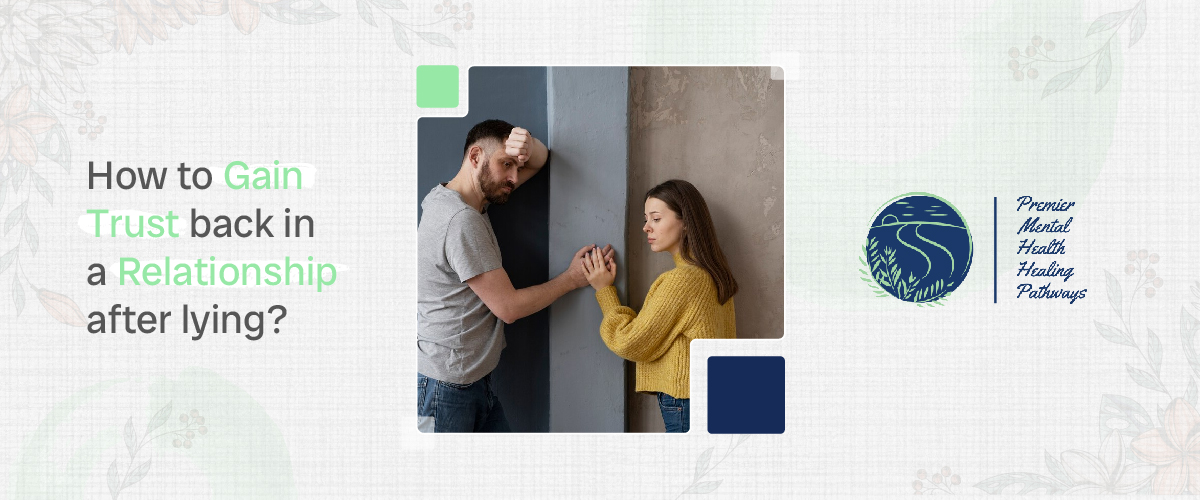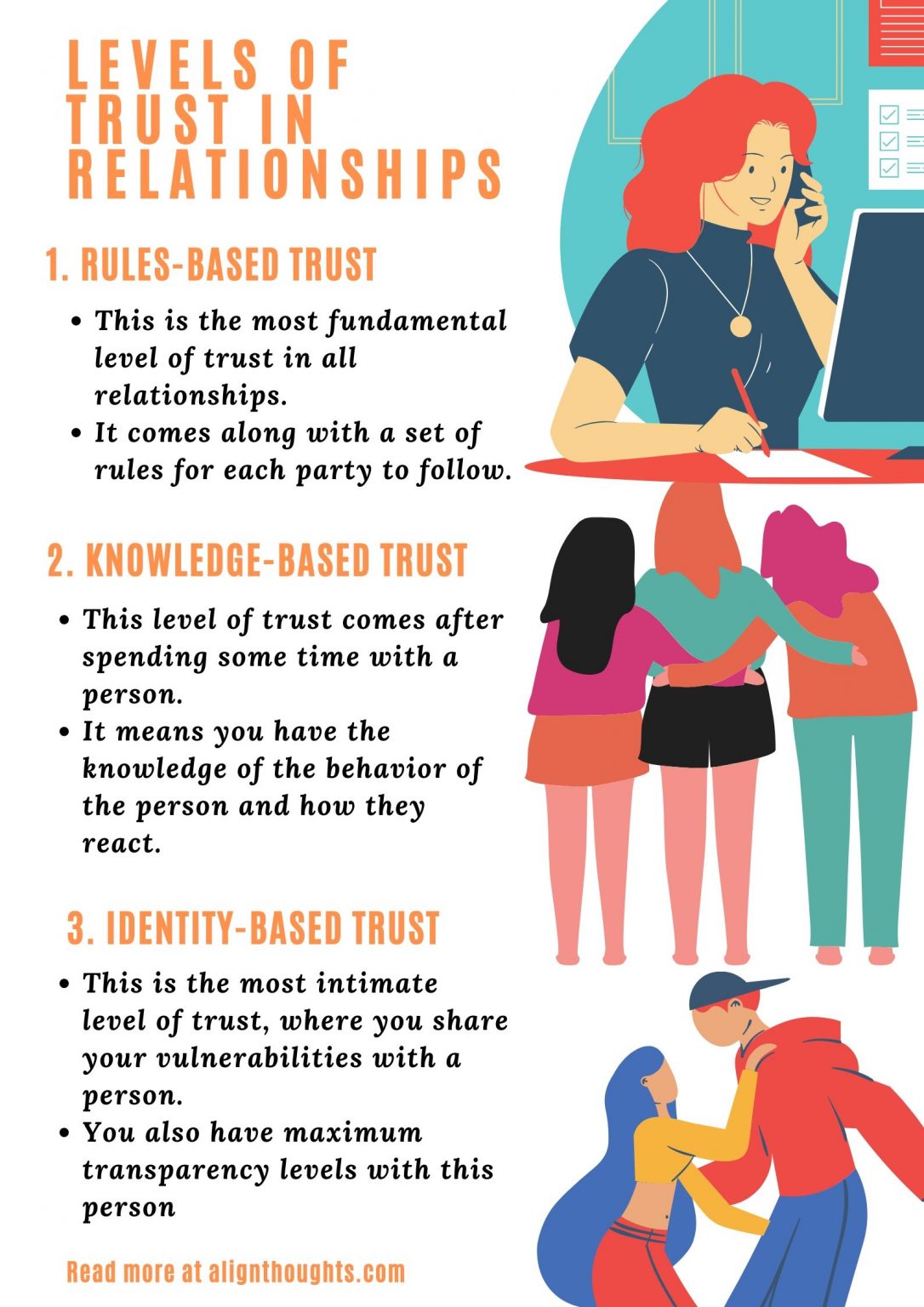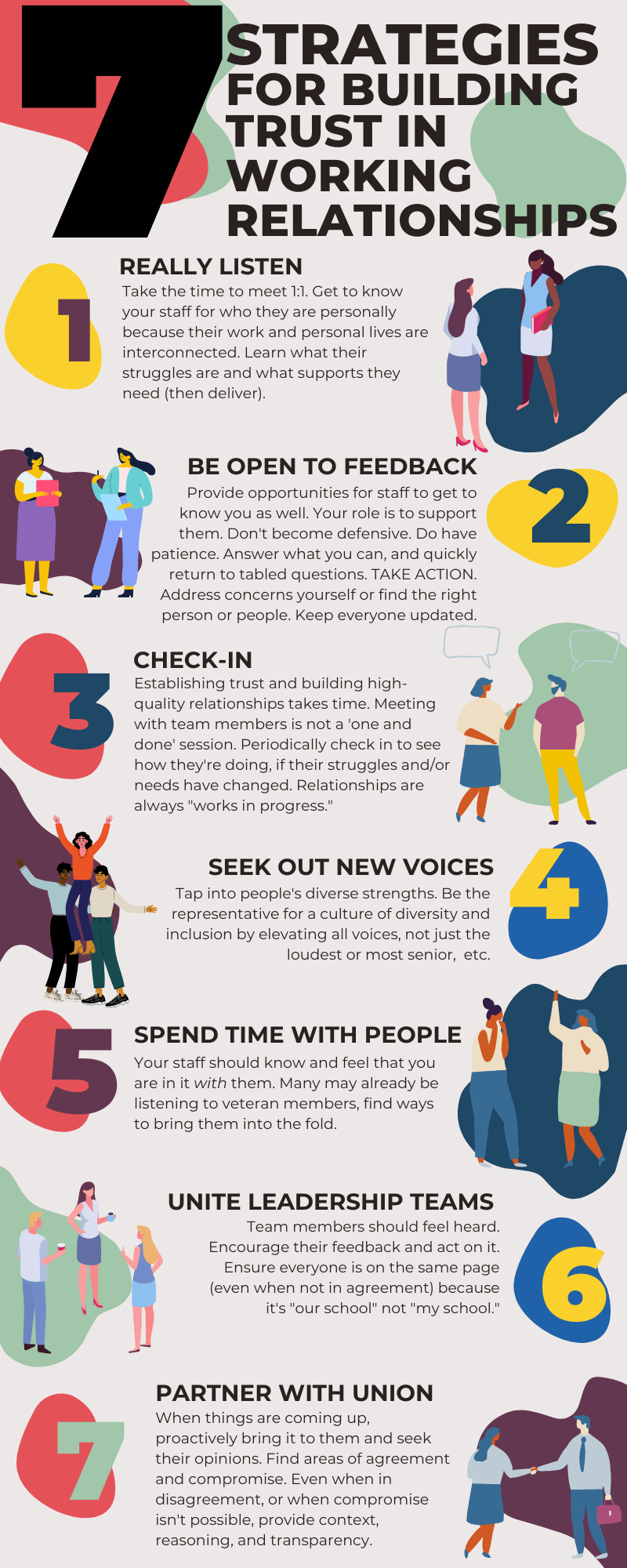How To Gain Someone's Trust Back In A Relationship

Trust, the bedrock of any strong relationship, can be shattered by betrayal, mistakes, or misunderstandings. Rebuilding it requires consistent effort, genuine remorse, and a clear understanding of what went wrong.
This article explores the essential steps individuals can take to regain lost trust in their relationships, drawing upon expert advice and research in psychology and relationship counseling. The process, though challenging, offers the potential for stronger and more resilient bonds.
Understanding the Breach
Before attempting to rebuild trust, it's crucial to understand the nature and impact of the breach. Was it a lie, an infidelity, a broken promise, or something else? Acknowledging the specific actions that led to the damage is the first step.
According to Dr. Janice Abrams Spring, author of "After the Affair," understanding the 'why' behind the betrayal is critical. This involves honest self-reflection and open communication with the injured party.
Taking Responsibility and Expressing Remorse
Accepting full responsibility for one's actions is paramount. Avoid making excuses, blaming others, or minimizing the impact of the betrayal. A sincere apology, expressing genuine remorse, is essential.
“An apology isn't just saying 'I'm sorry,’” explains Dr. John Gottman, a renowned relationship researcher. “It's about demonstrating understanding and empathy for the pain you've caused.”
Consistent Actions Speak Louder Than Words
Rebuilding trust is an ongoing process that requires consistent, trustworthy behavior over time. Words alone are insufficient; actions must align with the commitment to change. This means being reliable, honest, and transparent in all interactions.
Transparency is key. Being open about your whereabouts, activities, and communications can help alleviate suspicion and rebuild confidence. Offering access to phone records or social media accounts (if mutually agreed upon) can demonstrate a willingness to be open and honest.
Patience and Understanding
It's important to acknowledge that regaining trust takes time. The injured party may experience a range of emotions, including anger, sadness, and anxiety. Patience and understanding are crucial during this period.
Allowing the injured party to express their feelings without judgment or defensiveness is essential. Validate their emotions and acknowledge the pain they are experiencing. The process may involve setbacks and moments of doubt, but persistence is key.
Seeking Professional Help
In some cases, rebuilding trust may require professional guidance. A therapist or relationship counselor can provide a neutral space to explore the underlying issues and develop effective communication strategies. Couples therapy can be particularly helpful in navigating the complexities of betrayal and forgiveness.
According to the American Association for Marriage and Family Therapy (AAMFT), therapy can provide individuals and couples with the tools and support they need to heal and rebuild their relationship.
"A therapist can help facilitate difficult conversations and guide the process of rebuilding trust,"states their website.
The Potential for a Stronger Bond
While the road to rebuilding trust is undoubtedly challenging, it can also lead to a deeper and more resilient relationship. By facing the issues head-on, learning from mistakes, and committing to consistent positive change, couples can emerge stronger than before.
Ultimately, regaining trust is a testament to the power of forgiveness, commitment, and open communication. It requires both individuals to actively participate in the healing process, fostering a renewed sense of security and connection.


















